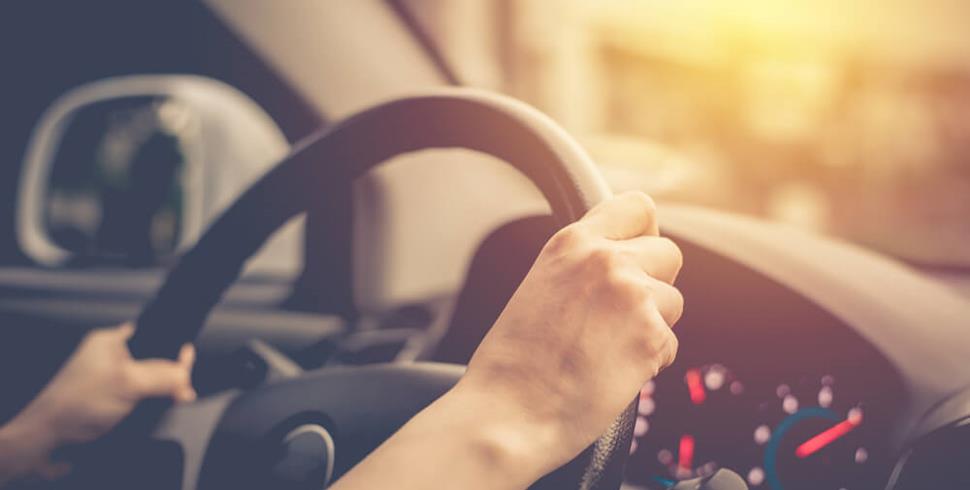
Can you plead exceptional hardship for drink driving?
What is exceptional hardship?
Can’t everyone argue exceptional hardship?
-
The loss of job (for you or employees) would cause extreme financial difficulty (i.e unable to make monthly payments)
-
It would leave you struggling/unable to care for family members/friends
-
It would cause damage to your health
Can you argue exceptional hardship twice?
What happens at an exceptional hardship hearing?
An exceptional hardship hearing is similar to a trial. You may be asked to take the stand, swear on oath and give evidence to the court. If you are representing yourself, you will need to explain why your licence is important to you. The prosecution may also 'cross-examine' you about your circumstances with the aim of discrediting your evidence.
If you are represented by a solicitor you may not need to take the stand. Instead, your solicitor will present your case and any supporting evidence on your behalf. It is also less likely the CPS will question you.
If the court agrees with you, you will not be banned. If it does not, the 6 month ban starts immediately.
What evidence do I need for exceptional hardship?
There are a few simple steps that you can take to massively improve your chances of exceptional hardship. It is absolutely essential that you bring evidence of hardship to the court hearing. Without evidence, the court are unlikely to accept your argument.
Most magistrates use pro-forma booklets when presiding over hardship cases. These pro-forma documents set out the legal criteria required for hardship. Remember that magistrates are not legally trained and may not know what to look for, or what questions to ask. Our team of specialists are very familiar with exceptional hardship cases (having dealt with them for over 10 years). There are a four questions the magistrates always seem to ask in hardship cases, so being prepared to answer them can really help. See below.
- Do you drive for anyone else's benefit?
If a driving ban would impact someone else it is less likely to be imposed. After all, it was you who committed the crime. Think about the impact it might have on children or elderly relatives. Are you the person who's responsible for the school run or hospital visits? Can you get evidence to support this? - Why can't you take the bus?
If taking the bus is an option the magistrates will not find hardship. If you were unsociable hours or carry equipment with you, a bus may not be feasible. It might be that you'd have to rely on three buses to get to work and wouldn't arrive home until late in the evening. One handy tip is to take the bus routes and timetables to court with you to show the magistrates. They won't just take your word for it. Perhaps map out the route to work and the timings of each bus. - Why can't you rely on taxi?
Another common question is "what about a cab?". The obvious response is that it's too expensive. But is it more expensive than the cost of a car, road tax, an MOT and car insurance? We would always advise ringing two or three local taxi firms and 'pricing up' the cost of a taxi too and from work each day. If the cost is excessive, you can argue that it is not affordable. - Why can't you hire a driver?
This might sound like a silly question, but it is one that is often asked in court. We regularly represent professional people in well-paid jobs. If the magistrates think you could afford a driver, they will ask you. Make sure you've got an answer ready.
If you wish to defend your case, your first port of call should be to seek advice from a solicitor. We can help you figure out what’s required in order to face the courts. We will discuss the allegations with you and work out the best approach moving forward. Please remember that exceptional hardship is not the only argument - there are other ways to avoid driving bans. The purpose of a solicitor is to minimise the risk of 'worse case scenario'. We specialise in driving offences and have been standing next to our clients for over 10 years.



